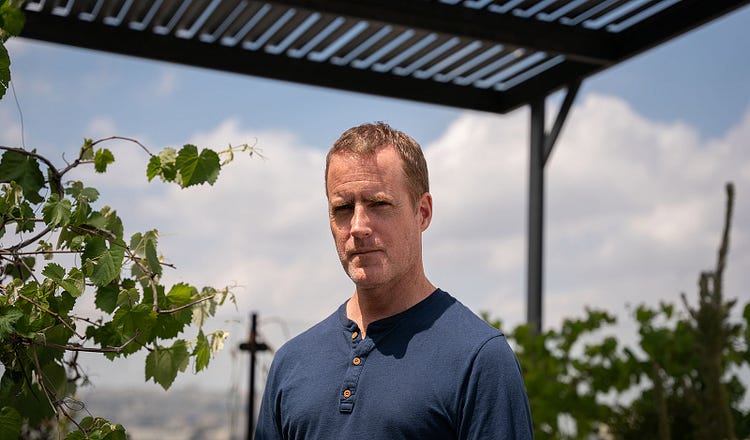Matti Friedman: Why I Got a Gun

Matti Friedman, photographed at home in Jerusalem on April 8. (Photos by Maya Levin for The Free Press)
My Glock is an ugly little monument to the historic threat facing my family, my neighbors, and all of Israel.
300
JERUSALEM — I was recently at an indoor shooting range in Jerusalem watching new gun-license applicants blast paper targets with mixed success—ordinary people, some rotund guys of early middle age, a man in his 60s with the air of a Talmud professor, a young mother who’d been evacuated from the southern town of Sderot after Hamas terrorists killed dozen…
Continue Reading The Free Press
To support our journalism, and unlock all of our investigative stories and provocative commentary about the world as it actually is, subscribe below.
$8.33/month
Billed as $100 yearly
$10/month
Billed as $10 monthly
Already have an account?
Sign In

